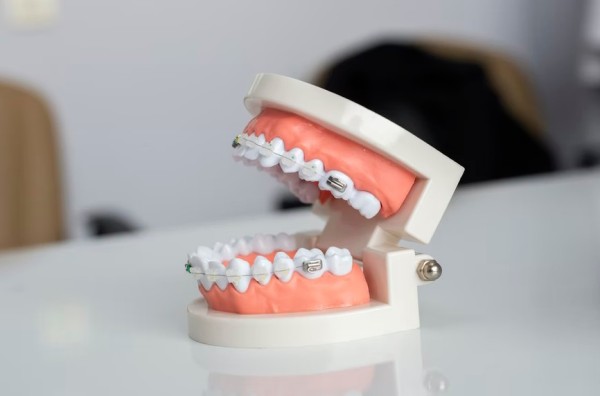If you are curious as to why bruxism was on the rise during the pandemic and what you should be on the lookout for, continue reading to find out more.
In the past couple of years, a growing number of people have reported suffering from common dental problems for the first time as a result of the ongoing pandemic. It is bruxism, or teeth grinding, however, that has seen one of the highest rates in recent months with stress often considered to be one the main contributing factors. If you are interested in knowing why bruxism appears to have been on the rise during the pandemic, continue reading to find out everything you need to know.
A sudden spike in symptoms
In the years since the dental industry was forced to temporarily shut down as a result of the emerging global pandemic, a growing number of patients have reported suffering from facial pain as a result of bruxism. It is detected by a number of symptoms but is most commonly detected by the presence of facial pain, jaw clenching, chipped teeth, tense facial muscles, headaches, and the sudden onset of overly sensitive teeth. It is usually done during the night but can also be done throughout the day without any prior reason why or awareness that you are even doing it in the first place.
This is happening across the world, notably in Canada. The stress of the pandemic has resulted in more teeth clenching and grinding. As a result, more patients are heading to their Oakville dentist looking for remedies.
A wide range of causes
It is commonly reported that bruxism is only caused by stress, worry, or anxiety but it can be triggered by a wide range of causes and can differ from patient to patient. It can, for example, also be triggered by an underlying dental or medical problem that has yet to be undiagnosed or the presence of an abnormal bite or crooked teeth. If you have trouble sleeping or have recently developed a sleep problem, it may be worth asking your dentist if they can find any evidence of you grinding your teeth in your sleep as it can often go undetected for a number of months or even years.
A problem better detected early
As is the case with the vast majority of dental issues, bruxism is a problem better detected early rather than later. In order to do so, make a note of any recurring symptoms that are synonymous with teeth grinding or may potentially have been caused by you grinding your teeth either knowingly or unknowingly. If you ignore the problem for a prolonged period of time, it may only lead to it worsening or even the development of further issues down the line.
In the past couple of years, a growing number of patients have reported suffering from bruxism, or teeth grinding, throughout the pandemic. If you think you may have bruxism, it may be worth familiarising yourself with the most common symptoms, the fact that it has a wide range of causes, and, perhaps most importantly, that it is a problem better detected early rather than later.
Bruxism: On the Rise During the Pandemic
Sisuturundus | 23 Dec 2021 | EWR
Sisuturundus
TRENDING


























